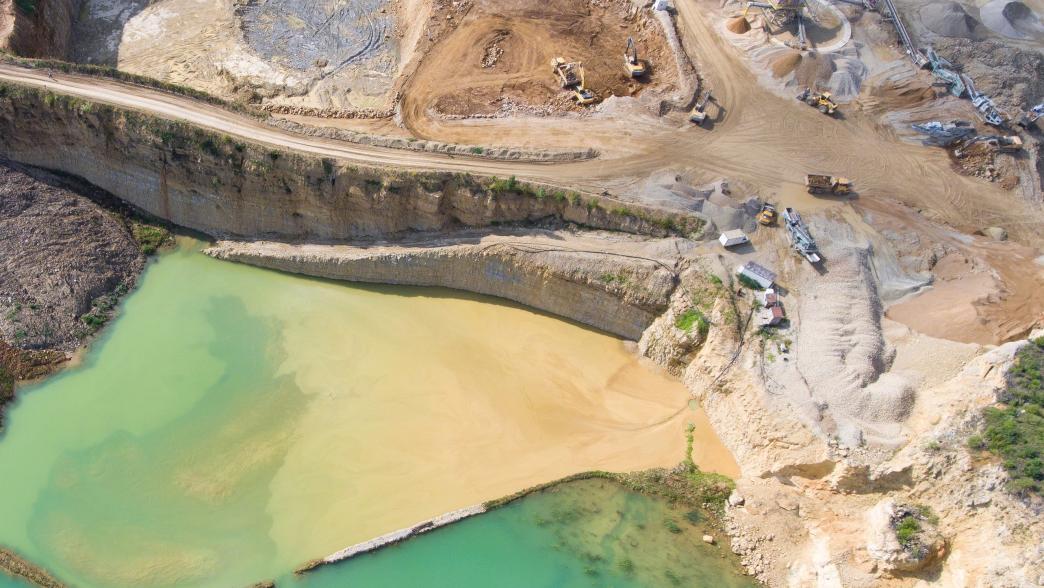
Anticorruption Guidance for Partners of State-Owned Enterprises
Drawing on broad stakeholder consultations, corruption case analysis and reviews of existing best practices, this guidance proposes concrete measures that international oil, gas a mining companies should adopt to reduce corruption risks in their work with state-owned enterprises (SOEs) in the oil, gas and mining industries.
It also recommends measures SOEs can take to strengthen their anticorruption safeguards. The guidance for private-sector companies has five parts:
- Conducting due diligence on SOEs
- Avoiding high-risk agents
- Responding to political exposure
- Safeguarding payments
- Protecting joint ventures from corruption
The final section identifies corresponding recommendations for SOEs in each of these five areas.
By adopting stronger safeguards against corruption, international companies and SOEs can avoid costly scandals that hamper their performance and damage their reputations. These reforms would also help protect the interests of resource-producing countries. Past cases clearly show the kinds of economic, social and political damage corruption can cause.
Countering corruption
NRGI has developed an online tool to support state-owned enterprises and those who partner with them to address corruption risk.

